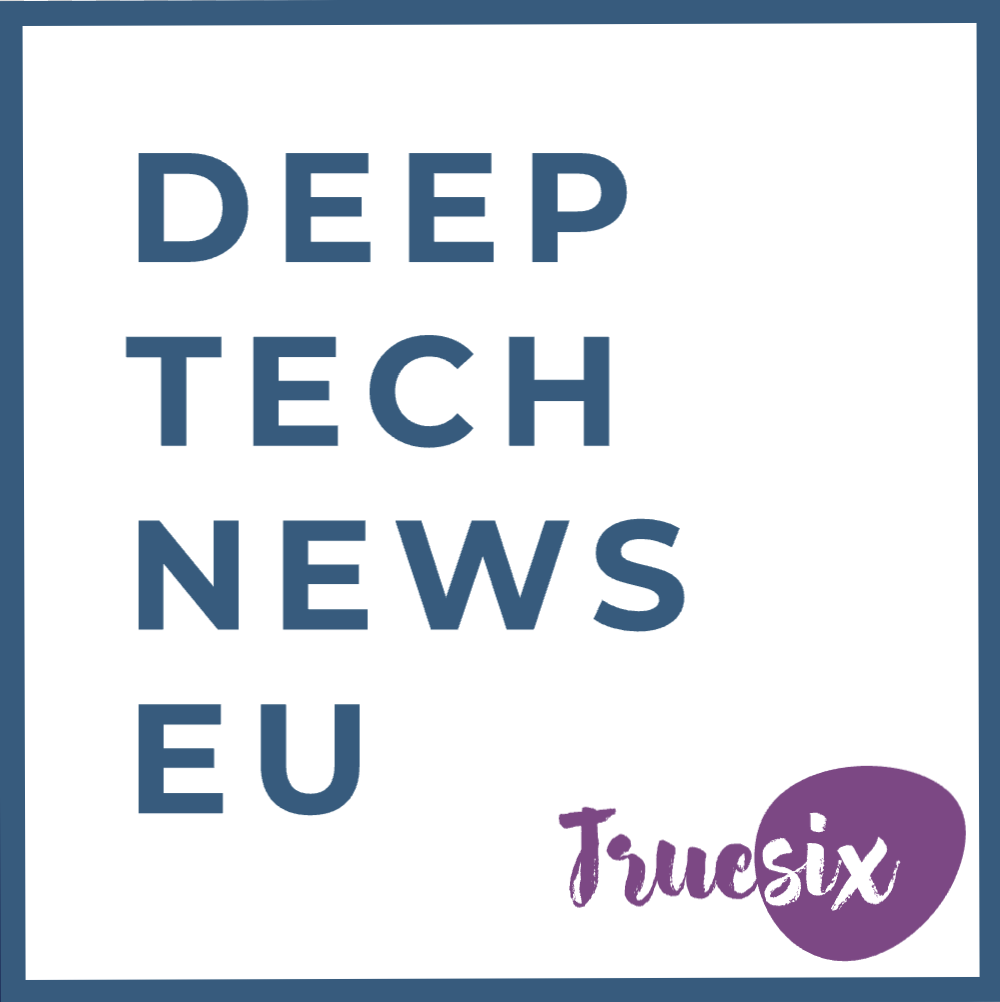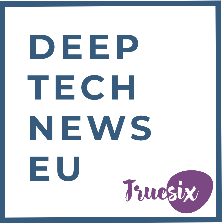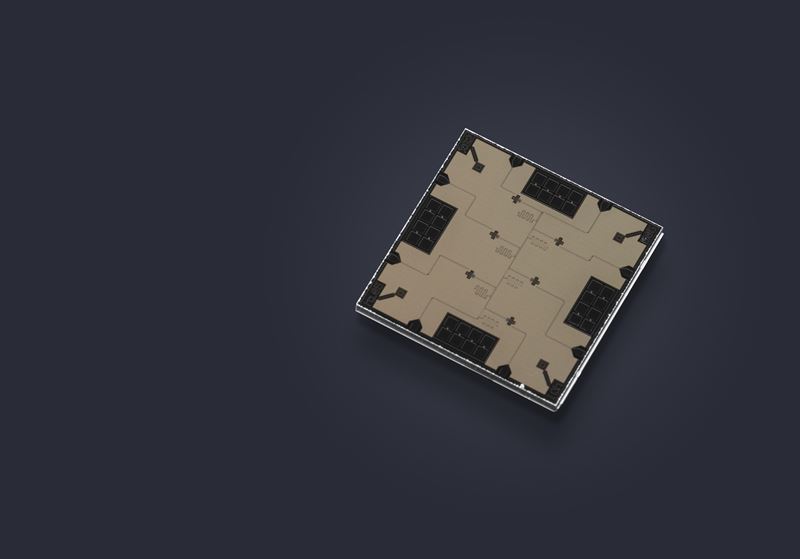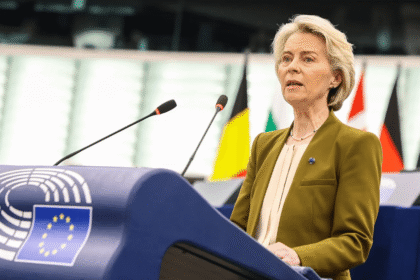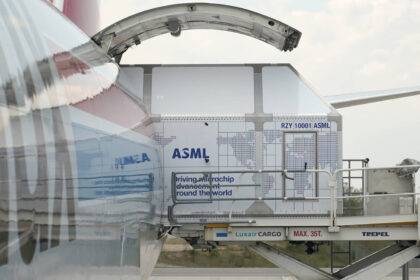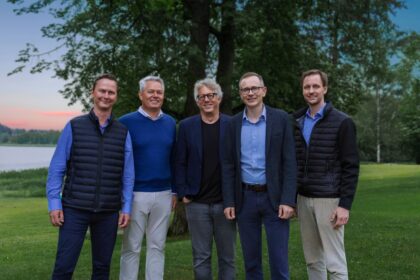The EU has selected the SUPREME Consortium to develop reliable and repeatable processes for making superconducting quantum chips in Europe. Over the next six years, SUPREME will help bring this technology closer to industrialization and give universities, startups, and companies access to the chip-making process, supporting growth in the European quantum tech ecosystem. A total of 23 partners from 8 Member States will participate in this effort coordinated by VTT.
“By developing stable fabrication processes for superconducting quantum chips, we push the boundaries of what is possible in quantum computing, sensing, and communication”, said Pekka Pursula, VTT’s Director for Microeconomics and Quantum Research and coordinator of the consortium.
The SUPREME consortium will focus on developing technologies, including angle evaporated and etched Josephson junctions, 3D integration methods, and hybrid quantum processes for quantum computing, sensing, and communication. These technologies will be validated through pilot line demonstrators, especially 3D-integrated qubit assemblies for large-scale Quantum processing units (QPU), travelling wave parametric amplifiers (TWPA), and superconducting nanowire single photon detectors (SNSPD).
“Stability and yield challenges in superconducting quantum device fabrication have posed significant barriers to scaling quantum technologies beyond research prototypes,” said Jorden Senior, Research Team Leader for Quantum Computing Hardware at VTT and Technical Manager of SUPREME.
“We have focused on angle evaporated and etched Josephson junctions for their optimal balance of coherence and manufacturability, while our 3D and hybrid integration approaches enable the interconnected architectures essential for fault-tolerant quantum systems. These foundational technologies will determine Europe’s competitiveness in the global quantum hardware race,” he added.
Pilot lines are an essential step supporting technology development and market creation before industrial foundries can take up quantum chip manufacturing. The pilot line will engage in dialogue with industrial foundries and aim to facilitate technology transfer for enabling industrial manufacturing supply chain in the future.
The pilot line will provide access to European academia, SMEs, and large industries for the developed stable fabrication processes through process design kits (PDKs) that enable users to design and develop their own devices and systems. Access to stable fabrication processes is important for unlocking innovation and supporting the growth of SMEs.
“By establishing comprehensive PDKs and stable processing capability around these approaches, we are providing European quantum companies with reliable building blocks to focus on innovation rather than reinventing fabrication processes,” says Pursula.
The Chips JU has now approved the Framework Partnership Agreement (FPA), including technology roadmap for SUPREME. Once granted, the SUPREME roadmap will be executed in two phases and funded with two successive Specific Grant Agreements grants. The SUPREME pilot line is expected to kick off in early 2026 with first technologies available for external users in 2027.
